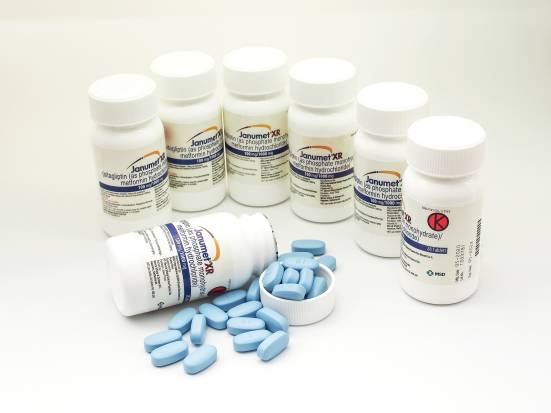Connect with a verified veterinarian in minutes. Licensed vets are available 24/7 to answer your questions. No need to worry about your furry family member.
Do you enjoy Maltesers? If so, you’re not alone! These treats are very popular, and there’s a reason for that. They taste great!
You may be enjoying your Maltesers one quiet afternoon, but one drops to the floor. Before you can say, “No!” your dog finds the treat, pounces on it, and eats it! It can happen pretty quickly. Another scenario is if the treats have been left where your dog can reach. If you’re not looking, he may just help himself! But what happens if a dog eats a Malteser?
Has your dog eaten a Malteser? Are you worried the Malteser will make your dog sick? If so, you’ve come to the right place. We understand it can be scary when your dog eats something like this.
We’ve gathered information about Maltesers and whether they can make a dog sick. Let’s get started!
What are Maltesers?
Maltesers are a candy manufactured by Mars, Inc. The company first made this yummy candy in the UK, but it’s now sold all over Europe, Australia, New Zealand, Canada, the US, and the Middle East.
Maltesers are individual balls containing a malted milk center covered with milk chocolate. What’s not to like?
In the US, Maltesers contain these ingredients:
- Sugar
- Skim milk
- Cocoa butter
- Barley
- Malt extract
- Chocolate
- Glucose syrup
- Whey permeate
- Fractionated palm oil
- Whey
- Corn syrup
- Milkfat
- Palm kernel oil
- Wheat flour
- Soy lecithin
- Sorbitan tristate
- Leavening
- Wheat gluten
- Pectin
- Salt
- Flavoring
While humans can safely enjoy Maltesers (in moderation), what about dogs? Can Maltesers make a dog sick?
Maltesers & Dogs
It is possible Maltesers can make your dog sick. However, if your dog has eaten only one Malteser, chances are he will be OK.
On the other hand, if your fur baby has eaten an entire package or more, he could become pretty sick. The problem is that Maltesers contain chocolate, which is highly toxic to dogs.
Chocolate contains two substances that dogs are not able to metabolize: theobromine and caffeine.

Review symptoms, medications & behavior to keep your pets healthy with a Vet Online in just minutes.
Ask a Vet Live NowSymptoms of Maltesers Ingestion in Dogs
You may notice these symptoms if your dog has eaten Maltesers:
- Vomiting
- Diarrhea
- Increased thirst & urination
- Panting
- Restlessness
- Increased heart rate
- Muscle tremors
- Seizures
If you notice any of these symptoms in your dog, call the vet immediately. This is an emergency.
Try to figure out what time this happened and how many Maltesers your dog has eaten (if possible). This information can be a great help to the vet.
Treatment of Malteser Ingestion in Dogs
Treatment depends on the severity of the toxicity in your dog. The vet will work to decontaminate your dog’s system by inducing vomiting, using activated charcoal, or other methods.
Chances are your fur baby will also require an IV for fluids and to administer medications. The vet will also treat other symptoms as they arise.
The prognosis is best for dogs that receive prompt medical treatment after eating a lot of Maltesers. And most dogs will make a full recovery, but their recovery period may be longer.
If your dog happens to love chocolate, it’s a good idea to keep Maltesers and other forms of chocolate out of your dog’s reach. You’ll both be happier for it!
Connect with a verified veterinarian in minutes. Licensed vets are available 24/7 to answer your questions. No need to worry about your furry family member.

Tom
Tom has always loved to write since he was little - he wanted to be either a writer or a veterinary doctor, but he ended up being a professional writer while most of his works are based on animals. He was born in San Francisco but later moved to Texas to continue his job as a writer. He graduated from the University of San Francisco where he studied biotechnology. He is happily married and a soon to be father!
Review symptoms, medications & behavior to keep your pets healthy with a Vet Online in just minutes.
Ask a Vet Live Now





